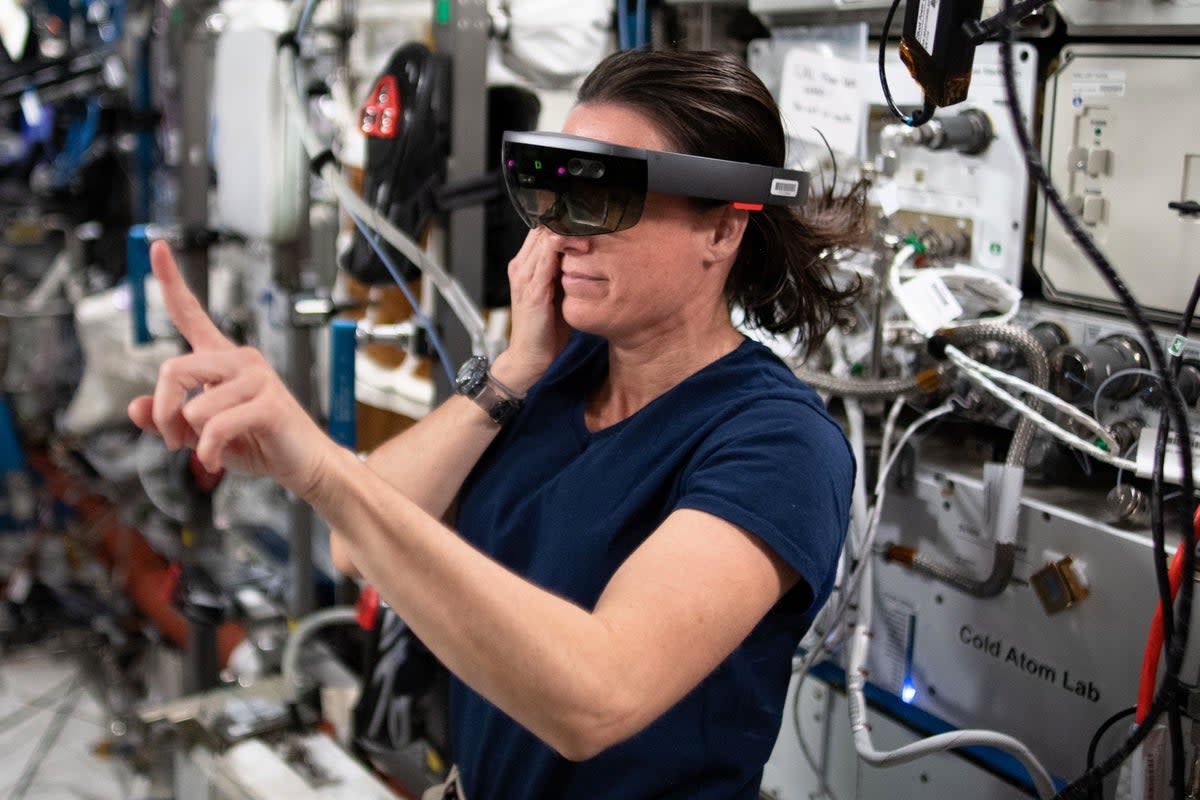Nasa sending VR headset up to ISS to treat astronaut’s mental health

The next resupply mission to the International Space Station will include a virtual reality headset for astronauts to wear in order to feel less lonely.
It is the first time a VR headset has been sent to space in order to treat mental health conditions, with astronauts susceptible to suffering from issues as a result of living in isolated, non-stimulating and highly stressful environments.
“Astronauts are essentially isolated during their missions for months and years at a time and are confined to small spaces with limited contact with friends and family,” said Per Lundahl Thomsen, chief technology officer at Nord-Space Aps.
“Creating a virtual platform that addresses their mental health needs while in isolation is imperative for them to maintain a healthy lifestyle when they return.”
Danish astronaut Andreas Mogensen will be the first to test the specially configured HTC Vive headset, which will be part of Nasa’s SpaceX CRS-29 Launch, scheduled for 9 November.
It is not the first time VR headsets have been used aboard the ISS, though previous tests in microgravity environments have resulted in motion sickness due to the lack of gravity vectors to align orientation.
A new tracking method that uses the headset’s controllers aims to overcome this issue.
“Our team tackled unique challenges to configure the headset for use in microgravity conditions, and ultimately pushed the boundaries of what’s possible in VR,” said Cher Wang, chairwoman and co-founder of HTC.
“Astronauts will be able to get the same mental health benefits of immersive tech as we do on Earth. It’s a groundbreaking moment.”
VR therapy is becoming an increasingly popular way of treating various conditions, including post traumatic stress disorder (ptsd), phobias of heights, and psychological disorders relating to chronic illnesses.
A recent review of 31 studies conducted between 1993 and 2023 found that people who engaged with VR were able to better learn the specific skills or behaviours needed to help cope with their condition.


